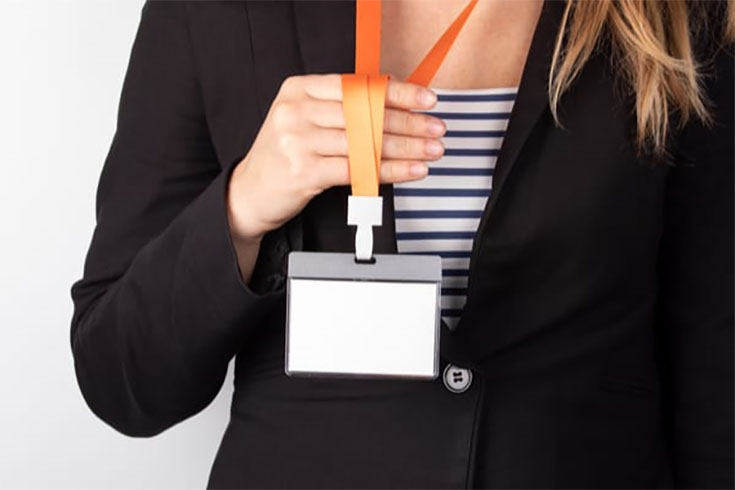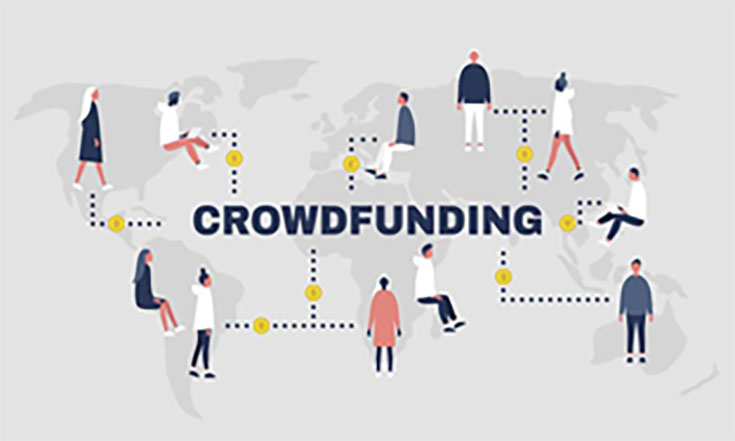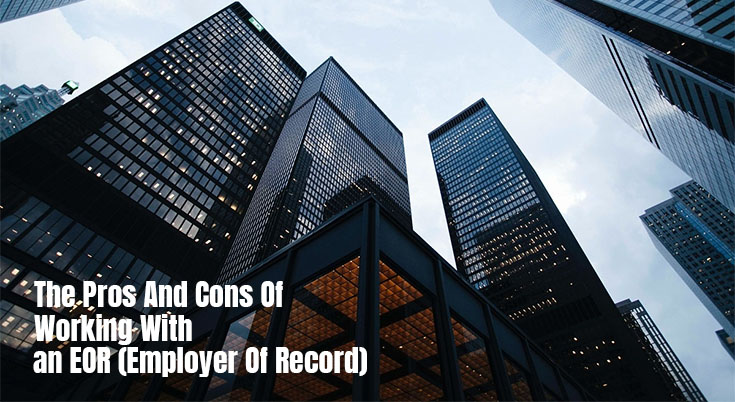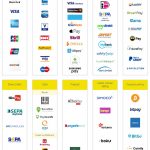Exploring the Piquant World of Black Pepper: Indonesia’s Culinary Gem
In the realm of culinary delights, the Indonesian herb known as black pepper stands as a ubiquitous and essential spice, weaving its aromatic and piquant magic into a myriad of dishes. Let’s delve into the intriguing world of black pepper, unraveling its definition, exploring the various types available in the market, and discovering its versatile applications that elevate culinary experiences.
Definition and Explanation of Black Pepper
The Piper Nigrum Enigma
Black pepper, scientifically known as Piper nigrum, is not just a spice; it’s an enigma that has graced culinary traditions for centuries. Derived from the dried berries of the Piper nigrum plant, black pepper is renowned for its bold flavor profile, characterized by pungency, heat, and subtle hints of earthiness.
The Culinary Alchemy Unleashed
What sets black pepper apart is the compound known as piperine, responsible for its distinct taste. This compound, in conjunction with other natural oils found in black pepper, creates a culinary alchemy that enhances the flavor of dishes, making it a culinary treasure sought after worldwide.
Different Types of Black Pepper Available in the Market
Varieties Shaped by Terroir
The diverse landscapes of Indonesia contribute to the cultivation of distinct varieties of black pepper, each shaped by its terroir—the unique environment in which it grows. Among the notable Indonesian varieties are Lampong from Sumatra, Tellicherry from North Sumatra, and Malabar from Java. Each carries subtle variations in flavor and aroma, adding layers of complexity to the spice.
Specialty Peppercorns: Beyond the Basics
Venturing beyond the traditional, … READ MORE ...
The Pros And Cons Of Working With An EOR (Employer Of Record)
Are you planning to expand your business overseas? If you are currently eyeing up global expansion, you have come to the right place. An EOR or Employer of Record is a great option for you under such circumstances. Rather than having to deal with all the bureaucracy and associated hassles in your target market, you can instantly tap into international markets as well as workforces with the assistance of an already-established local partner. That way, you will still retain control of operations in the new territory.
If you are looking for a USA EOR then please look no further than TopSource Worldwide.
Pros of working with an Employer of Record
. You can access international markets very quickly – You can hire staff anywhere in the world without registering a subsidiary in that particular country. It helps grow your company faster. In fact, using the services of an EOR is a great alternative for any small business that wishes to expand into new territory but lacks the resources to set up its own entity.
. You can tap into on-the-ground expertise – Employers Of Record or EORs are fully established and based in the country of operation. They will speak the local language and understand local employment laws & regulations. In fact, they can easily guide partner organisations through the various challenges & opportunities that the target market present.
. You don’t have to register a company – Most countries need a foreign organisation or investor to register a company … READ MORE ...
Mold Removal Basics
Mold removal Lake Charles, Louisiana, is an essential service for many people. Not only can it threaten the health of individuals in the area, but it can also cause severe damage to a home’s structural integrity. Therefore, you must take the time to find out more about the issue and how to get the best results.
Detection
If you live in Lake Charles, LA, you should be familiar with the dangers of mold. Symptoms include eye irritation, coughing, and throat irritation. Mold can be present in drywall, carpet, and flooring.
The best way to avoid mold is to remove sources of excess moisture from your home. This means cleaning flooded areas, removing rugs, and replacing absorbent materials like clothing. Also, if you notice a musty or musty odor, it may signify a mold infestation.
In most cases, you’ll need help from a mold removal Lake Charles professional if you have mold in your home. These professionals can use special equipment and cleaning solutions to remove mold. They’ll also be able to control humidity levels and dry the area.
The most important decision you can make is selecting the right contractors. Make sure you check out their credentials and licenses. You can get a free estimate from them as well.
Treatment
When it comes to removing mold, there are several ways to do so. For example, you can hire a mold removal Lake Charles professional service or use natural remedies. First, however, it’s essential to know that mold can be … READ MORE ...
What Are the Main Features to Look for In a Gaming Headset?
If you work and play video games from home using headsets, your user experience will significantly depend on your chosen headset. The low price and functionality of gaming headsets make them perfect for uses other than gaming, and they have swiftly developed into sophisticated communication tools.
With many features and specifications available today, choosing the correct headset may seem impossible. But, with a little bit of help, you can find a suitable device for you. Here are the four main features to look for in a gaming headset.
Wireless vs. Wired
Consider whether you prefer a wired or wireless headset before delving into the other characteristics.
Wireless solutions cost more than wired equivalents, but they may also have more functionality. With the ability to connect to numerous devices simultaneously, specific wireless headsets are excellent for gaming and remote work tasks.
Many users find wired headsets the best option because they are frequently available at a reasonable price and high quality. They also never need a recharge, and users don’t have to wait to use them.
It’s crucial to consider how your headset will connect to your other devices before choosing either type. Most wired headsets connect to other gadgets using a 3.5mm jack or USB cable. Wireless headsets are a little more complex because they can communicate with your devices using a variety of connections, including Wi-Fi, Bluetooth, and other software programs.
Quality of Build
The build quality of your headset is its general feel and sturdiness. Even if a … READ MORE ...
Buying Bitcoin With Cash at an ATM
When buying Bitcoin with cash at an ATM, there are several things you should know. These factors include the cost, the locations, and identity verification. You should always read the terms and conditions carefully to ensure that you are getting the best deal. Also, you should always read the privacy statement before you buy.
Costs
The costs of buying Bitcoin with cash at an ATM vary widely. Most machines charge between 9% and 15% of the amount you spend. Others can charge as much as 20%. These are comparable to fees charged by crypto exchanges. It is also important to choose a Bitcoin ATM from a reputable company. While some companies advertise low fees, they might also charge a mining fee or inflate the price of Bitcoin. This makes buying Bitcoin with cash at an ATM, a losing proposition.
Bitcoin ATM operators must cover the costs of the Bitcoin network, which is why their fees tend to be higher than other options. This is because every time you withdraw money, the ATM initiates an on-chain transfer. This causes fees to rise, especially during busy times when the network is overloaded. While ATM fees seem high, they make sense if you consider the risks associated with the cryptocurrency ecosystem.
Locations
There are several locations where you can buy bitcoin with cash at ATMs. Some ATMs may require verification, but most don’t. Just enter the amount of bitcoin you want to buy, and click “Find Store.” Once you’ve found a store, link … READ MORE ...
Dev Gadhvi Helped Me – As A Mentor And Mastermind Of Passionpreneurs
We are all aware that thousands of people are struggling and had been trying to work harder due to their unending financial obligations. Indeed they are all working but it seems that their income is not enough to support the whole family so they are looking for solutions that can somehow uplift their lifestyles. Many of them tried looking for second jobs and some of them learned about a passionpreneur and grabbed the opportunity to learn how they can turn their miserable life into a success.
Some of these people took the risk and left their jobs because they trust Mr. Dev Gadhvi who is a businessman and whose goal is to help them achieve their dreams to become successful like him. These individuals who got motivated and inspired by him say that “Dev Gadhvi helped me” and are proud of following his ideas on how they can be profitable. Well, I guess that they must have been doubting at first but as soon as they hear his stories of success and lectures, they started to trust him so they were guided, following the right path.
Being that said, it only means that he is a man who can help you bring out your best, find your passion, and how this can lead you to prosper in life, such as engaging in business. That is the best thing that Mr. Gadhvi can do for an individual who is determined to learn, develop, and change his life for the … READ MORE ...
Importance of Using Custom Lanyard for Business Purposes
Most companies require employees to carry their company ID cards while working. That is the main reason lanyards demand for holding ID cards, badges, or keys. You should know that a lanyard is a strap or cord sewn together in a loop with a clip or hook attached, and you should wear it around the neck.
We recommend you to enter here to learn everything about lanyards before you make up your mind. Of course, they come in numerous colors and designs, meaning you can make them look highly appealing. Implementing IDs with pretty lanyards will ensure your employees look more professional and confident.
Many professionals from industries such as academic, telecom, banking, or healthcare wear their IDs with creative options. They are also prominent for conferences, tradeshows, and other business meetings.
Generally, you can make them highly powerful by using customization, allowing you to add custom designs and personalize them based on your business requirements.
Why Do People Use Lanyards?

You can find many materials, including nylon polyester, clothes, and more. At the same time, we can differentiate numerous uses, such as:
- IDs – You can use lanyards for identification or ID cards. Most companies are using them to identify employees. They come with a name badge, making them practical, powerful, and appealing to highlight your business, school, or personal identification.
- Promotional – When it comes to promotion, we have mentioned above that most businesses are using them in tradeshows and conferences to promote particular brands. You can wear
A Guide to Crowdfunding for The Beginner
Crowdfunding has taken the world by storm and is now becoming a significant way for businesses to raise capital. The process may seem simple, yet there is still much mystery behind it that only comes with experience.
Crowdfunding allows entrepreneurs to reach out to their community of supporters to secure funding for their ideas and project.
What is crowdfunding?
Crowdfunding is the practice of funding a project or venture by raising monetary contributions from many people, typically via the Internet.
Crowdfunding has been used in a variety of ways, including to raise money for social causes and nonprofit organizations; to produce or distribute creative works (such as films, music albums, or video games); to provide capital for businesses to grow, or to help them launch, and to finance personal expenses.
Crowdfunding can also be done without a financial return. If there is no expectation of profit, funding may be considered a donation.
This may be by a simple donation button on a website, but this would generally not be considered crowdfunding as the term is more commonly understood.
Kickstarter is one of many crowdfunding platforms that enable people to raise money for their own creative projects. Other notable platforms include IndieGoGo, GoFundMe, and Patreon.
How does crowdfunding work?

Source: itnig.net
Crowdfunding platforms like Kickstarter and GoFundMe are designed to help individuals raise money for various projects. They’re not just for filmmakers or musicians anymore – anyone can use them!
The basic idea behind crowdfunding is that you pitch your … READ MORE ...

















